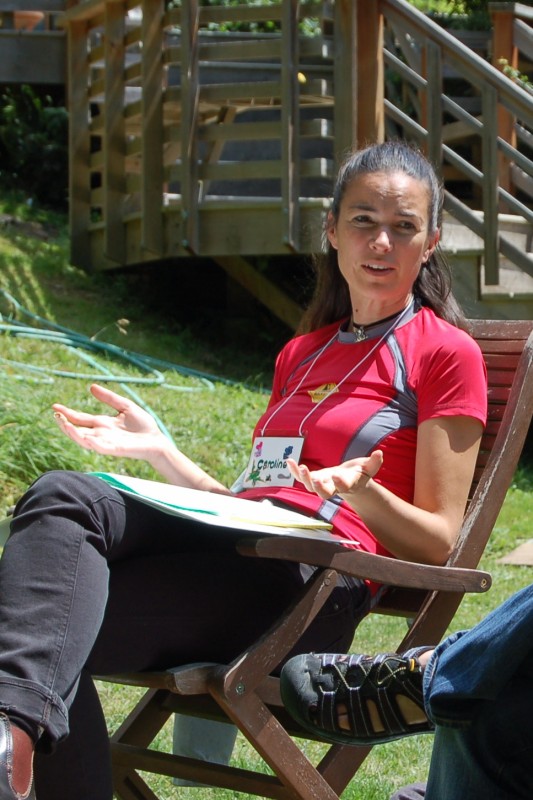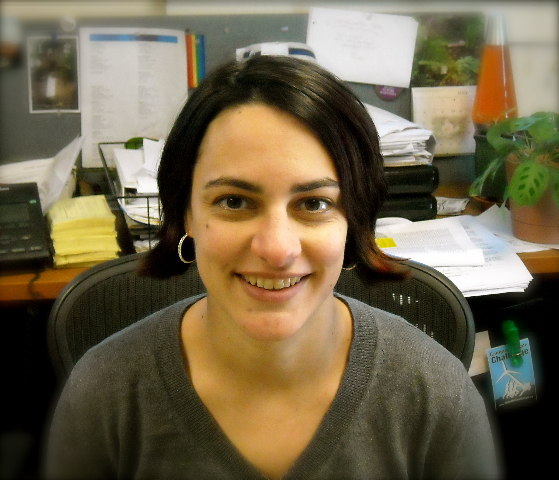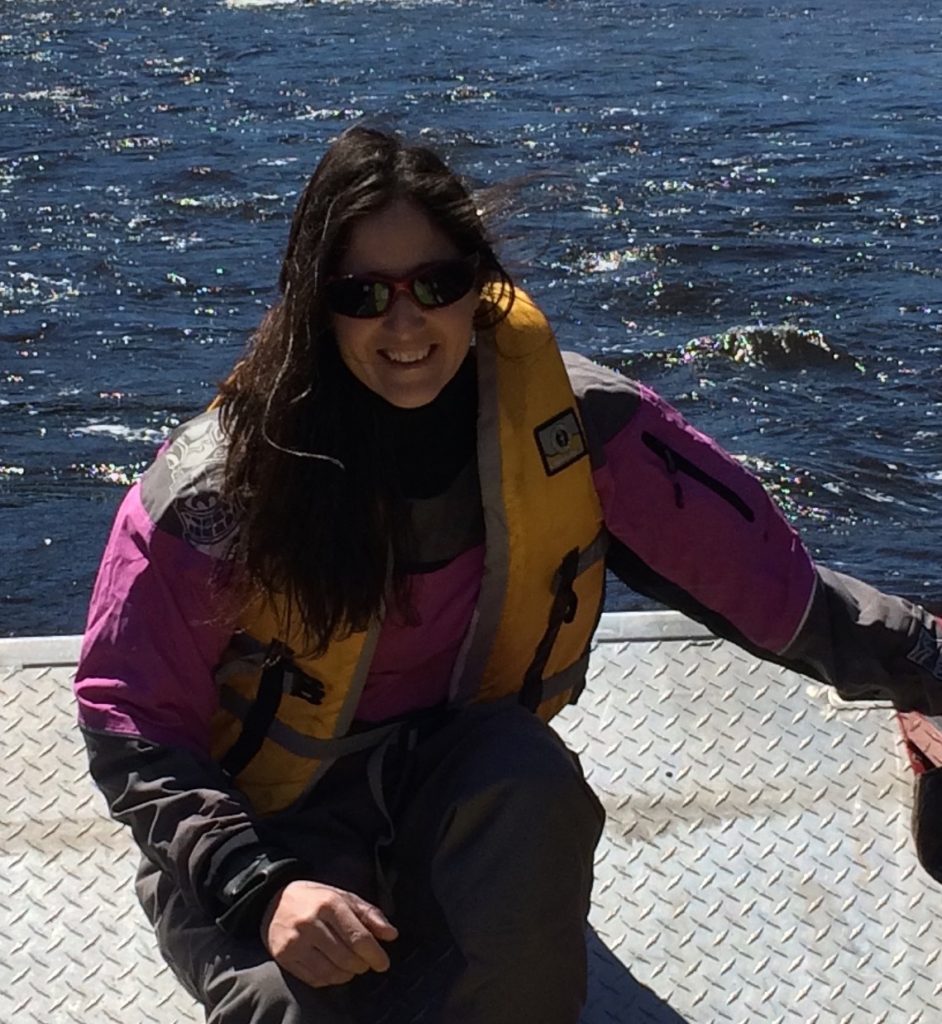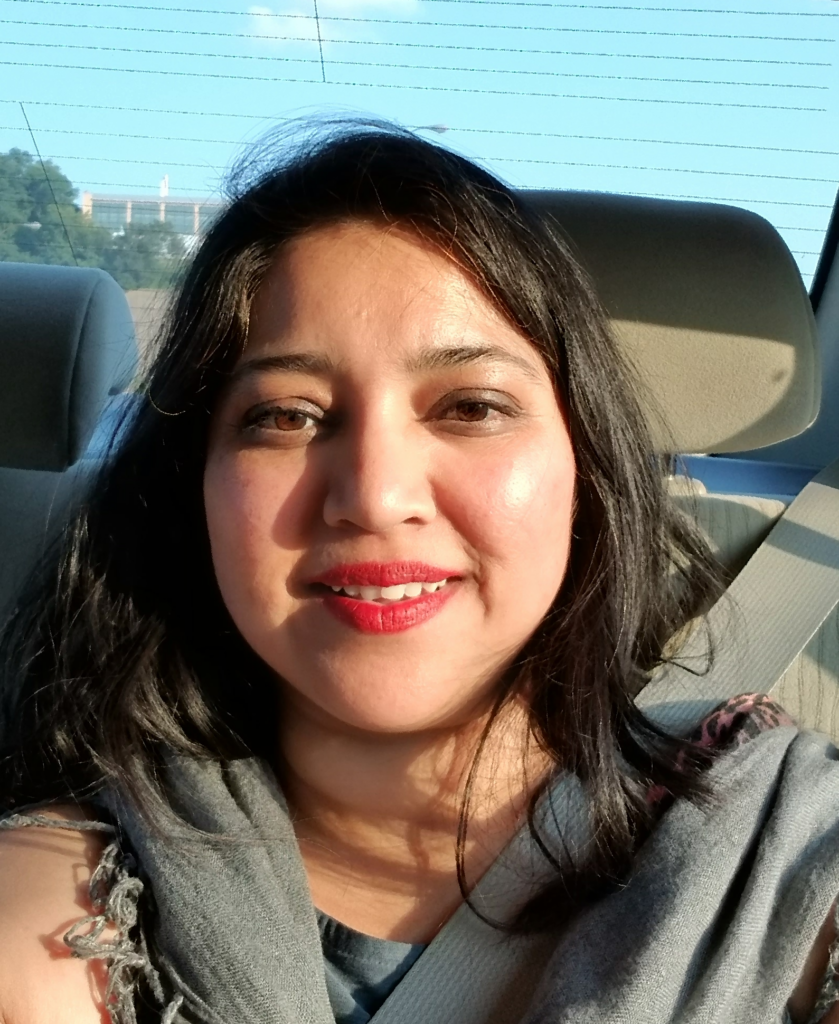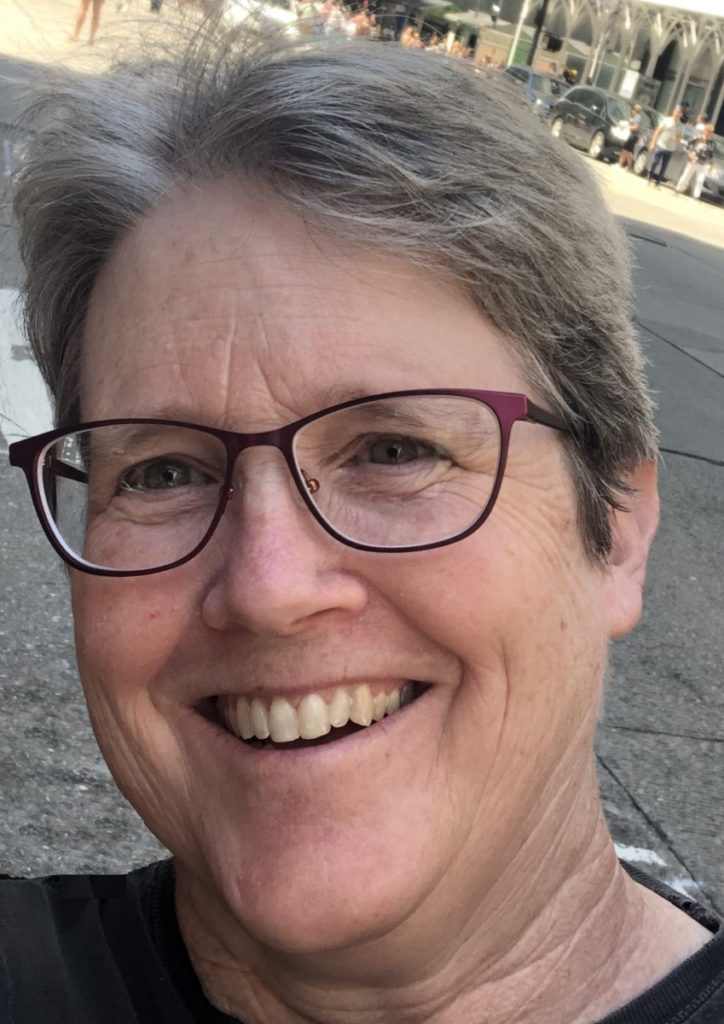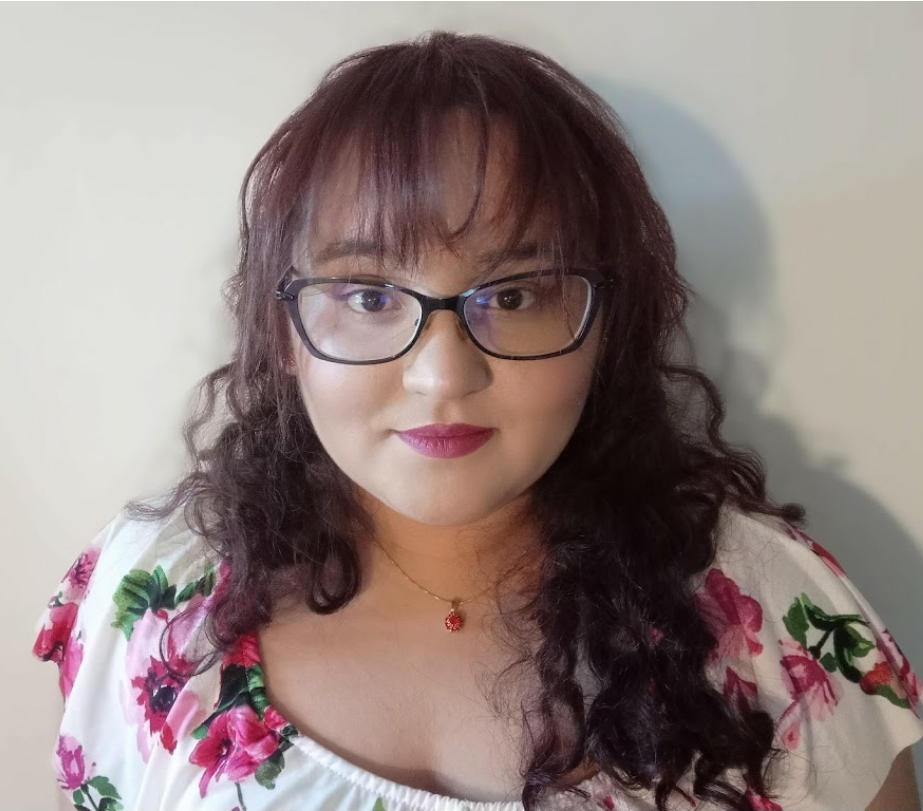Caroline Baillie is a Professor of Integrated and Engineering and Director of the Master’s in Engineering, Sustainability and Health (MESH). Previously, she served as Chair of Engineering Education at the University of Western Australia and her main research interests are Engineering and Social Justice within Engineering Education as well as through her practical development work in the network organisation she runs with Eric Feinblatt, ‘Waste for Life’, which creates poverty reducing solutions to environmental problems. Caroline launched the Engineering, social justice and peace network in 2004 with the first conference held at Queen’s University in Canada.
Donna Riley is the Head of the School of Engineering Education at Purdue University. Previously, she was a founding faculty member and Associate Professor in the Picker Engineering Program at Smith College, the first engineering program at a U.S. women’s college. She is committed to liberative (critical and feminist) pedagogies in engineering education as a vehicle for transformative learning and practice. She is interested in creative use of direct action methods in social justice work both within and outside of engineering. Her most recent book is Engineering and Social Justice, and she has also published a textbook companion for thermodynamics that addresses social justice concerns around energy in the twenty-first century.
Katy Haralampides is a Professor of Civil Engineering at the University of New Brunswick in Fredericton, NB, Canada. She primarily teaches and undertakes research in the field of ecohydraulics. She also has interest in developing alternative pedagogies and curricula that incorporate social justice issues into conventional engineering classrooms, with a hope of increasing diversity and equity and reshaping the future of the engineering profession towards one that is positive and ethical.
Shehla Arif is an assistant professor of mechanical engineering at the University of Mount Union. Her current research and teaching focuses on reclaiming the goals of liberal education by emphasizing social and ecological dimensions of engineering work. She aims at supporting diversity and promoting sustainability by foregrounding the societal impacts of Engineering practice and thus preparing compassionate engineers who care about the well-being of fellow human beings, other life forms, and the planet. She is the lead editor of the International Journal of Engineering, Social Justice, and Peace. Her contributions range from creating novel Fluid Dynamics experiments to applying liberative pedagogies to teaching ThermalFluids Sciences. She obtained PhD in Mechanical Engineering from Northwestern University, IL, U.S.A followed by a post-doctoral research fellowship in Earth Sciences at McGill University, Canada. Her Masters in Mechanical Engineering is from Bucknell University, PA, U.S.A. She obtained B.E. from University of Engineering & Technology, Lahore, Pakistan.
Chris Byrne is a founding faculty member in Physics/Math/Engineering at Cascadia Community College in Bothell, WA starting in 2002. Before her teaching career, she worked in industry and in research including USWest (AT&T) and Philips Research Labs. She has a BS in Industrial Engineering, a Masters in Engineering, and a Ph.D. in Mechanical Engineering from the University of Washington. Her dissertation in the mid 1990’s was on the Use of Virtual Reality (VR) as an Educational Tool which earned her one of the first doctorates granted in the field of VR. She is interested in helping her students discover their own authentic interest in making the world a better place, including mentoring them to more fully explore the role of social justice in their understanding of who they are as engineers.
Laura Restrepo Alameda is co-founder and president of the CBPAR Uma Kiwe foundation, coordinator of Boroló, youth leader at the Earth Charter International, national coordinator of training and campaigns at the International network of SDGs promoters, director of the Social Responsibility Committee at the University of Los Andes, Vice President of Strategic Development at SPEED (Student Platform for Engineering Education), Climate Reality Leader and ambassador of the Institute for Economics and Peace. In addition, she is a member of the Climate Emergency platform, the national water network, the youth network for the SDGs, and the Colombian engineering and social development network.
Camilo Andrés Navarro Forero is an engineer and academic with a diverse educational background. Camilo completed his PhD in Engineering at Universidad de los Andes, specializing in Engineering for Peacebuilding. He is also a graduate of the MIT (Massachusetts Institute of Technology) specialization MIT XPro in Systems Thinking and Project Management based on Systems Theory.
He is the author of, Untanglying Complexity, System Thinking and Complexity Management to Support Community Development and Reimagined Engineering, books both published by Springer.
Camilo has served as the Dean of Engineering at the Fundación Universitaria Salesiana, for the past 5 yesrs overseeing programs in Agroindustrial Engineering, Energy Engineering, Informatics Engineering, and Data Management Technology. Currently, he is a full-time professor in the Industrial Engineering program at Escuela Colombiana de Ingeniería Julio Garavito in Bogotá DC Colombia
Leon Santen is the one who sends you emails, organizes, and updates the website as the secretary. Leon applies complex system thinking in the energy justice space as a community-oriented engineer, currently building net-zero carbon housing as a mechinical and energy modelling engineer. They love audio-visual art with a particular interest in interactive community communication. Leon’s website is built with a lot of intention, offering various resources and offering a deeper impression.
Across all domains, they aspire to create mutual aid networks, envision new economies, embody regeneration, and slow down.
If you want to know their institutions: Robotics – Olin College of Engineering, Masters in Engineering Sustainability, and Health – University of San Diego. Natel Energy – fish-safe hydro power.

